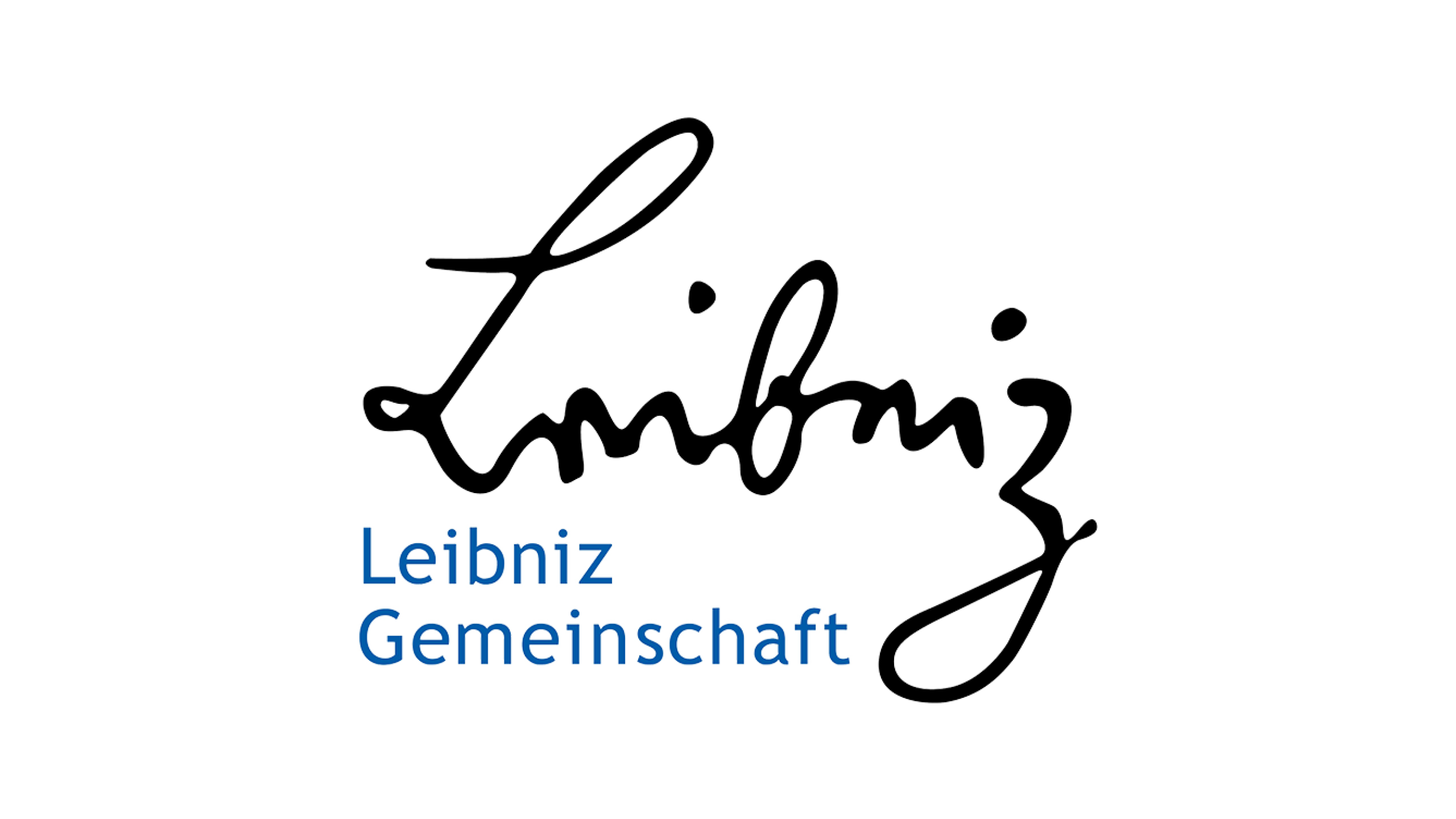A First-Ever Collaboration: Three Leibniz Labs Unite to Pool Expertise

Uniting knowledge from across the Leibniz Association, this collaboration breaks down disciplinary walls and brings in perspectives from politics, business, and society — offering practical support to those working on real-world problems.
During its March 19, 2024 session, the Senate of the Leibniz Association set important funding priorities across institutional boundaries. In a landmark move, it approved three Leibniz Labs under an entirely new funding format. The senate also selected seven new Leibniz ScienceCampi to deepen university partnerships — funded through the Leibniz Competition.
The New Leibniz Labs
Three new Lebniz Labs are set to launch in April 2024. Chosen from five applications, these new labs will bring together expertise from across the Leibniz Association to help solve today’s most pressing societal issues. With an interdisciplinary approach and input from politics, business, and society, the aim is to turn research into real-world solutions that support decision-makers and stakeholders alike.
Beginning April 1, 2024, three Leibniz labs will kick off with three years of funding — each receiving €3 million to drive research on today’s most urgent issues. The selected labs are:
- „Pandemic Preparedness: – Interdisciplinary strategies for future outbreaks – One Health, One Future"
- „Systemic Sustainability: – Exploring biodiversity, climate, agriculture, and food systems within planetary boundaries“
- „Disruptions and Transformations: – Understanding and navigating societal change“
To strengthen collaboration, a €700,000 network project will also run alongside the labs, fostering exchange and learning between the teams and further advancing the Leibniz Association’s interdisciplinary approach.
The labs will officially launch at a joint kick-off event in Berlin on May 16, 2024.
More information is available at: www.leibniz-gemeinschaft.de/forschung/leibniz-labs
Seven Leibniz ScienceCampi Selected for Funding – Expanding University Partnerships
The Leibniz Association is stepping up collaboration with universities by funding seven ScienceCampi with a total of €8.4 million over four years. Four new ScienceCampi will launch this April in Leipzig, Aachen, Braunschweig, and Mainz, while three existing ones in Saarbrücken, Regensburg, and Bielefeld will enter a second funding phase.
These ScienceCampi act as regional research hubs—bringing together Leibniz institutes, universities, and local partners to tackle major scientific and societal questions through thematic collaboration. The topics range from aerosol effects on the atmosphere and zoonotic pathogens, to innovative drug delivery, resilience research, living therapeutics, transatlantic politics, and social inequality.
With this new round, a total of 24 ScienceCampi will be in operation across Germany as of April 2024.
The Newly Funded Leibniz ScienceCampi in Detail
Four new Leibniz ScienceCampi will begin their work in April 2024, each focused on a pressing research question and built on strong regional partnerships:
- Leipzig — Smoke and Bioaerosols in a Changing Climate: Led by the Leibniz Institute for Tropospheric Research, in collaboration with Leipzig University, the German Biomass Research Center (DBFZ), and the Helmholtz Center for Environmental Research. This campus explores how bioaerosols—such as smoke from wildfires—affect atmospheric processes, with the aim of better understanding their role in climate change.
- Aachen — Sonopharmacology – Activation of Drugs by Ultrasound: Hosted by the Leibniz Institute for Interactive Materials (DWI), in partnership with RWTH Aachen University and Aachen University Hospital. The focus here is on sonopharmacology—developing therapies that activate precisely where needed in the body using ultrasound, potentially revolutionizing targeted treatments.
- Braunschweig — Evolutionary Ecology of Zoonotic Pathogens during Agricultural Transformations: Led by the Leibniz Institute DSMZ in cooperation with the Technical University of Braunschweig, University of Veterinary Medicine Hannover, Lower Saxony Ministry of Science and Culture, German Primate Center, Johann Heinrich von Thünen Institute, and Helmholtz Center for Infection Research. This campus employs systematic approaches to unravel the spread, resistance, and evolutionary dynamics of zoonotic pathogens amid agricultural change.
- Mainz — Resiliencies: Integrating Methodologies, Narratives, and Theories: Coordinated by the Leibniz Center for Archaeology with the University of Trier, Johannes Gutenberg University Mainz, and the Leibniz Institute for Resilience Research. The goal is to bridge disciplinary divides by comparing and integrating diverse methods, narratives, and theories to deepen understanding of resilience phenomena and their interconnections.
Renewed Continuation Grants for Leibniz ScienceCampi:
- Saarbrücken — Living Therapeutic Materials (Saarbrücken): At the INM – Leibniz Institute for New Materials, together with Saarland University and local partners, researchers are developing “living therapeutics.” These innovative materials use microorganisms to deliver medicines directly where they are needed.
- Regensburg — Europe and America in the Modern World: Coordinated by the Leibniz Institute for East and Southeast European Studies with the University of Regensburg and 16 international partners, this campus explores the shifting relationship between Europe and America since the 19th century. In its new phase, it will also examine urgent global issues such as contested sovereignties, fragile supply chains, and migration in the context of Russia’s war against Ukraine.
- Bielefeld — Regional Development Dynamics: Based at the Socio-Economic Panel and Bielefeld University, this campus investigates how regional inequalities shape political attitudes and behaviors. The new funding phase will add a focus on how local media influences public opinion.
Learn more at: https://www.leibniz-gemeinschaft.de/forschung/leibniz-wissenschaftscampi/
